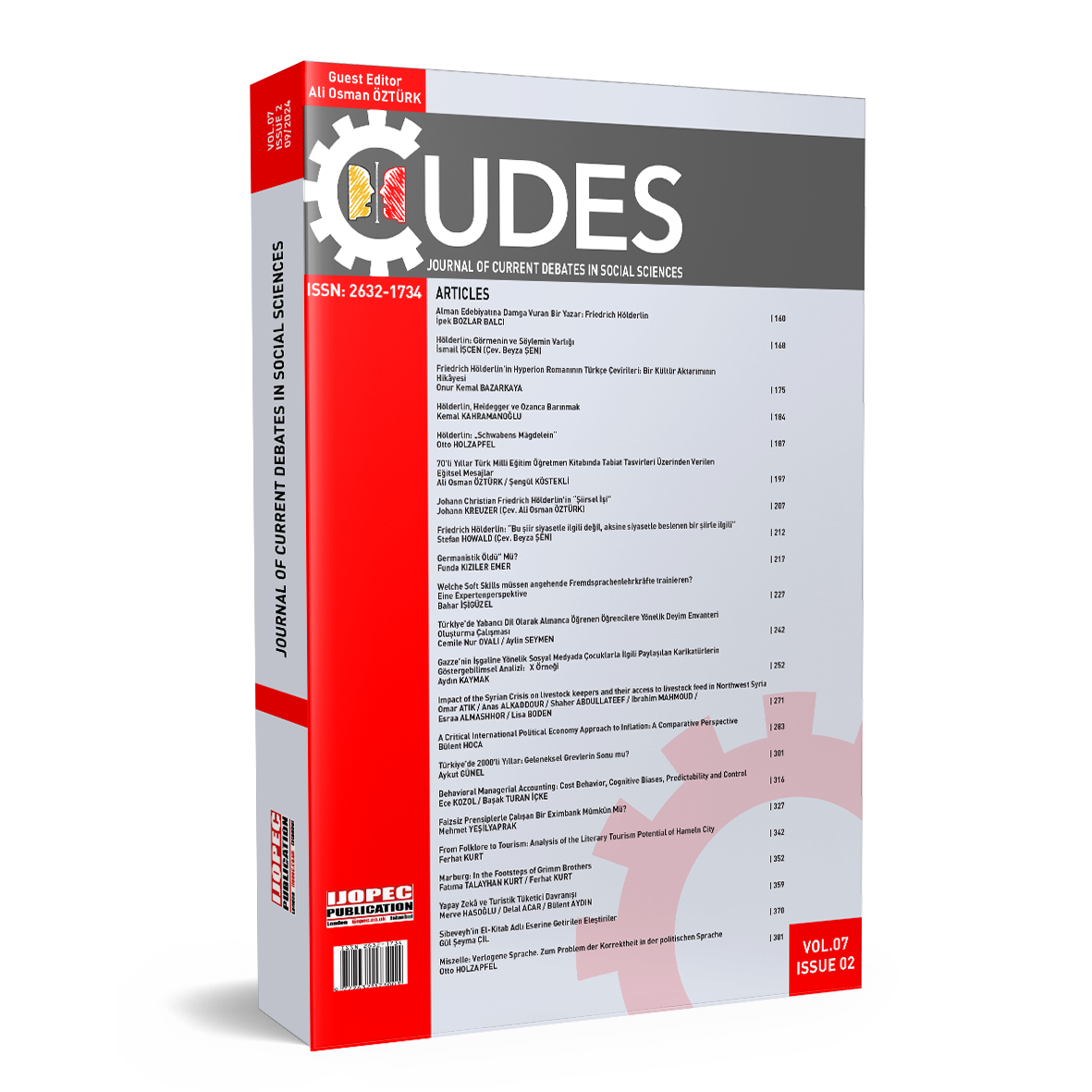Author :
Abstract
Bu çalışmada, hiyerarşik kapitalist dünya ekonomisi, değişen birikim ve entegrasyon biçimleri, sermaye birikiminin yapısı ve bunun sonucunda ortaya çıkan sınıf çıkarları temelinde enflasyona eleştirel bir Uluslararası Politik Ekonomi yaklaşımı öneriyoruz. Sermaye birikimi ve sınıf yapılarındaki farklılıklar, ekonomi politikaları ve kurumlarındaki uluslararası farklılıkları açıklayabilir, bunun tersi geçerli değildir. Öte yandan, emek değere dayalı bir çerçeve izleyerek fiyat değişimini ve enflasyonu reel tarafta verimlilik ve teknoloji, parasal tarafta ise ekstra para ile açıkladık.
Türkiye ekonomisini kendi gelir gruplarıyla (üst orta gelir ve orta gelir) ve veri mevcut olduğu ölçüde bazı benzer ülkelerle (Brezilya, Meksika ve Güney Afrika) karşılaştırdık. Türkiye örneğinde, düşük ve orta teknolojide uzmanlaşmanın tarihsel sorunu, Asya'dan gelen artan rekabet altında, özellikle 2008'deki Büyük Finansal Kriz'den sonra cari işlemler dengesinin bozulmasına ve artan döviz sıkıntısına yol açmıştır. "Her ne pahasına olursa olsun" büyümeyi sürdürmek için, Finansal Olmayan Şirketlerin artan borçluluğu ve artan geniş para büyümesi ile inşaat sektörü orantısız bir şekilde büyümüştür. Bu durum muhtemelen krizi ertelemiş ancak olağanüstü yüksek enflasyon pahasına daha da kötüleştirmiştir.
Keywords
Abstract
In this study, we propose a critical International Political Economy approach to inflation based on a hierarchical capitalist world economy, changing modes of accumulation and integration, the structure of capital accumulation and resulting class interests. Differences in capital accumulation and class structures can explain international differences in economic policies and institutions, rather than vice versa. On the other hand, following a labor value framework we explained price change and inflation by productivity and technology on the real side, and extra money on the monetary side.
We compare the Turkish economy with its income groups (upper middle income and middle income) and some similar countries (we have chosen Brazil, Mexico and South Africa) as much as data is available. In the Turkish case, the historical problem of specialization in low and medium technology, under the increasing competition from Asia, has led to current account balance deterioration and increasing foreign exchange shortage, especially after the Great Financial Crisis in 2008. To continue the growth “at all costs”, with increasing indebtedness of Non-Financial Corporations and rising broad money growth, the construction sector grew disproportionally. This likely postponed the crisis but exacerbated it at the cost of exceptionally high inflation.
